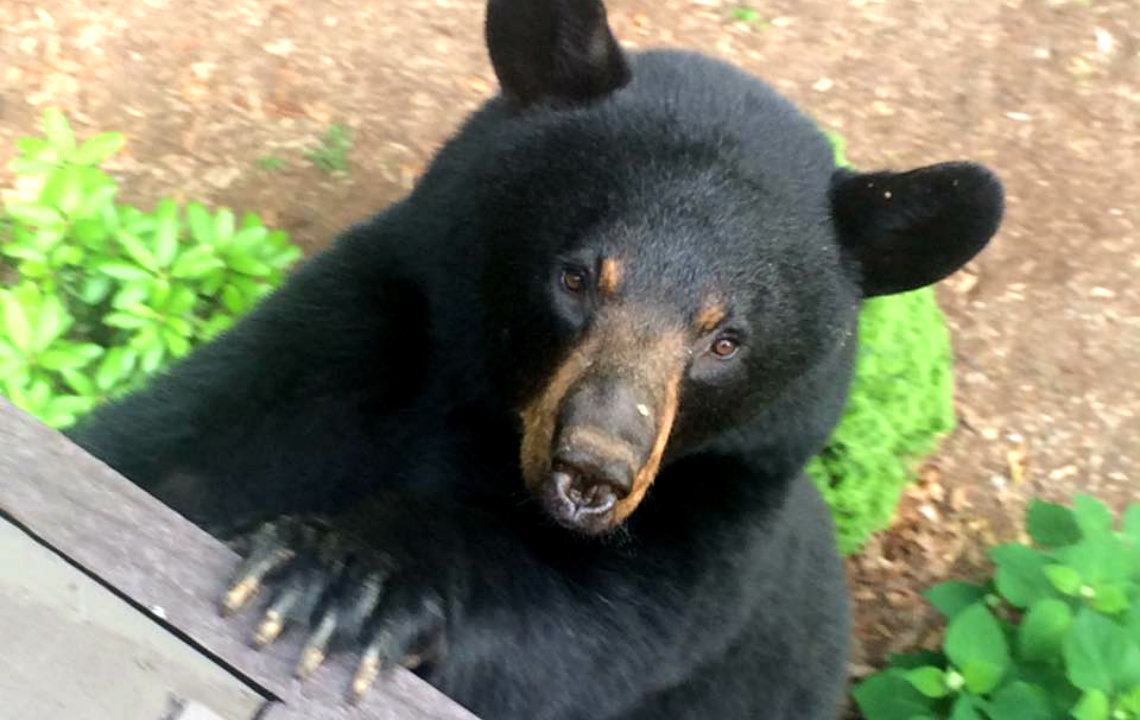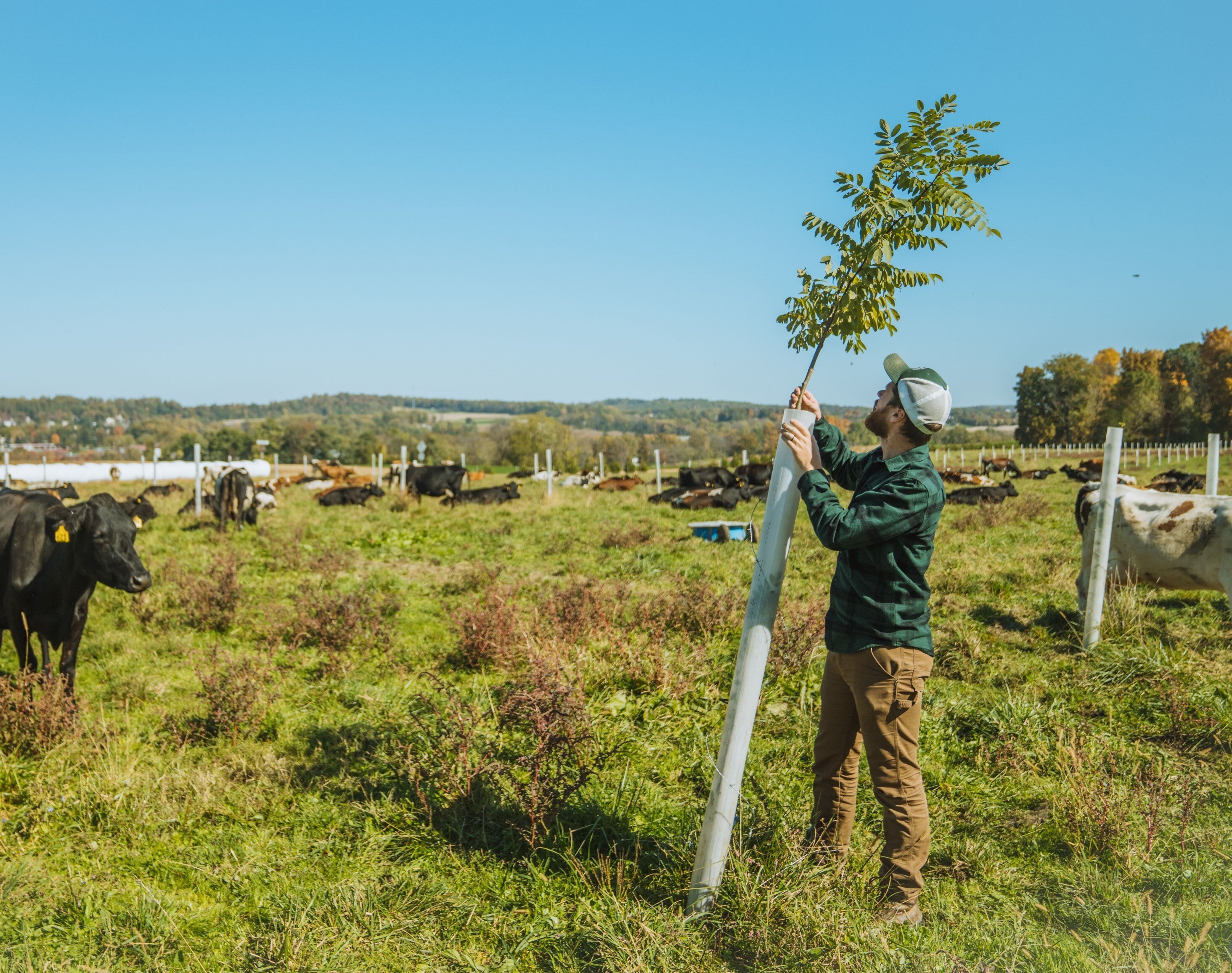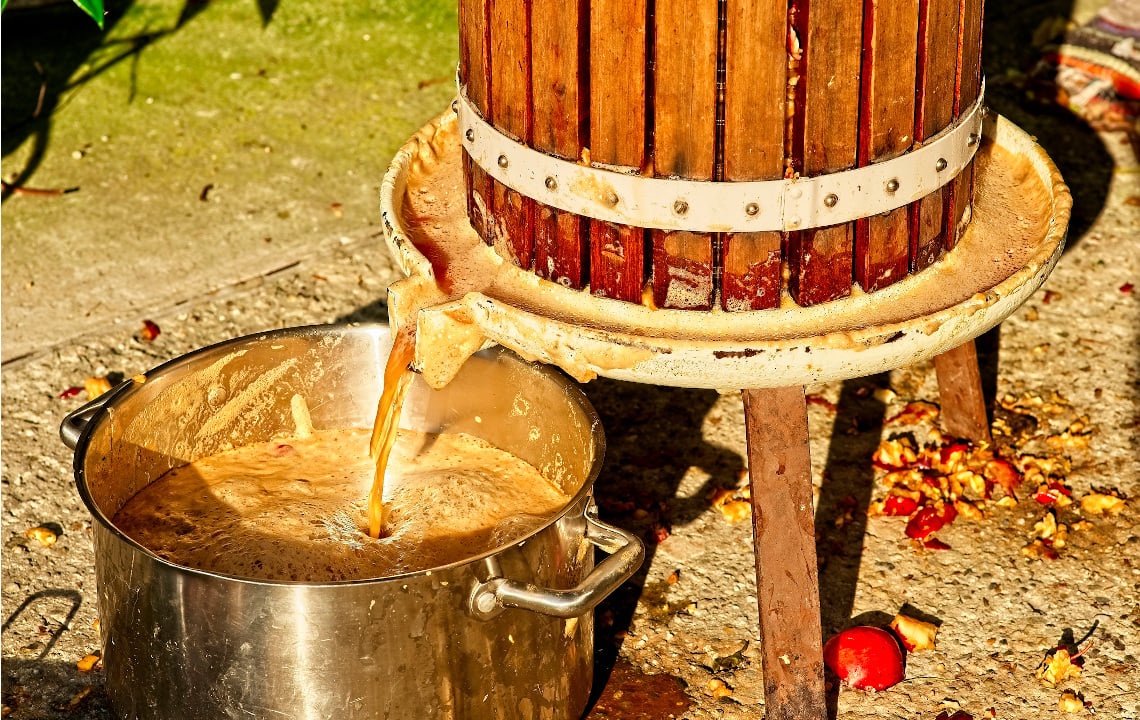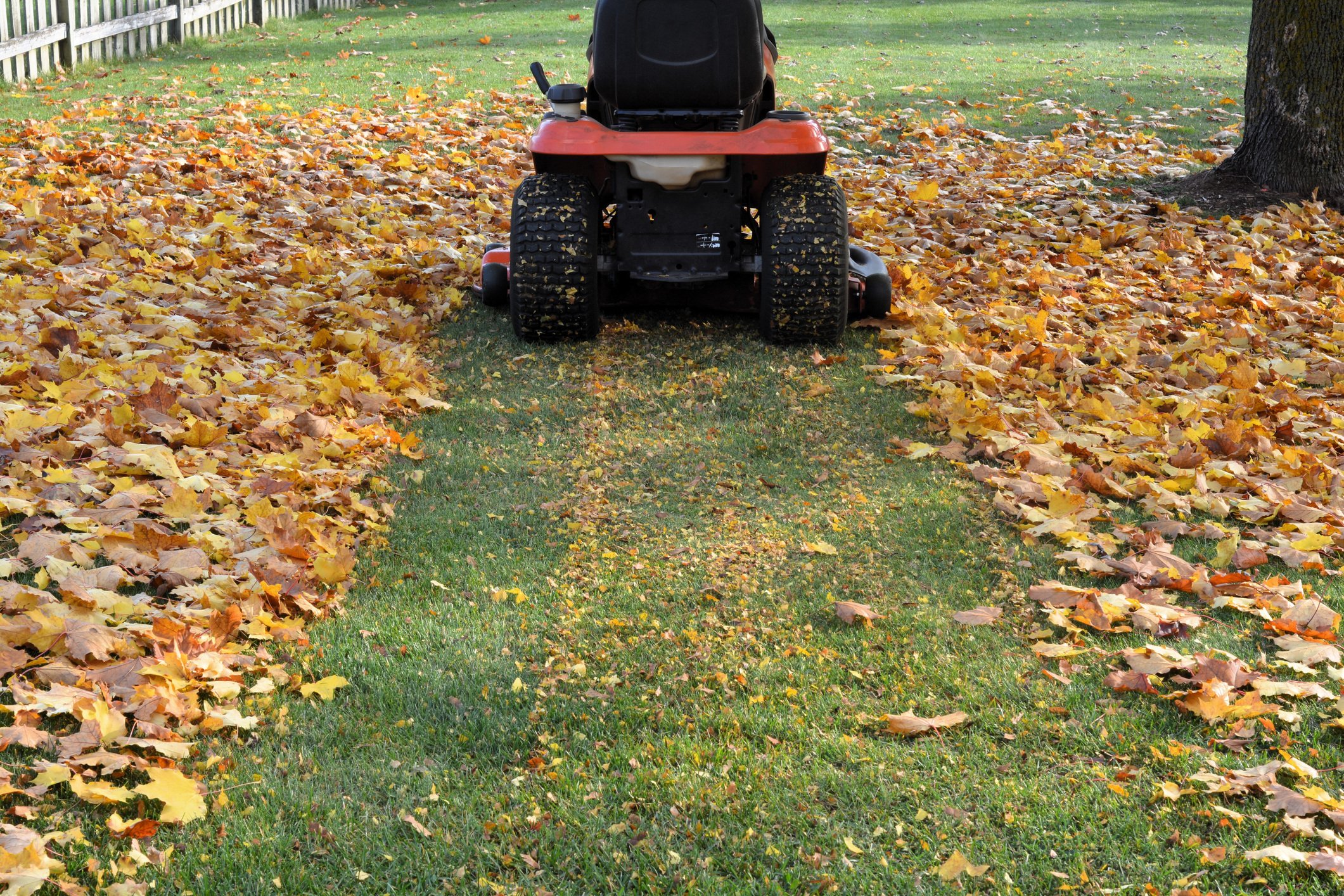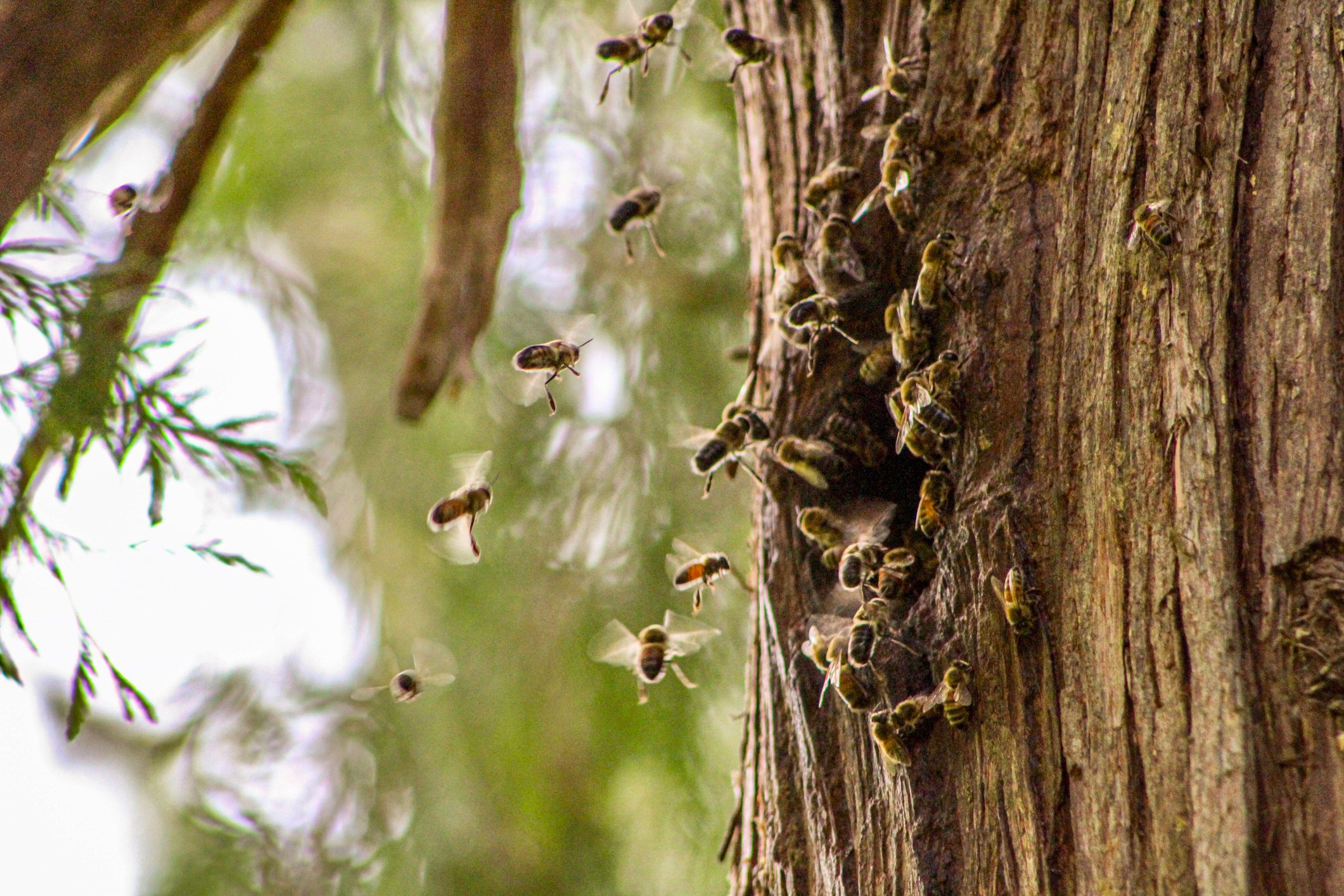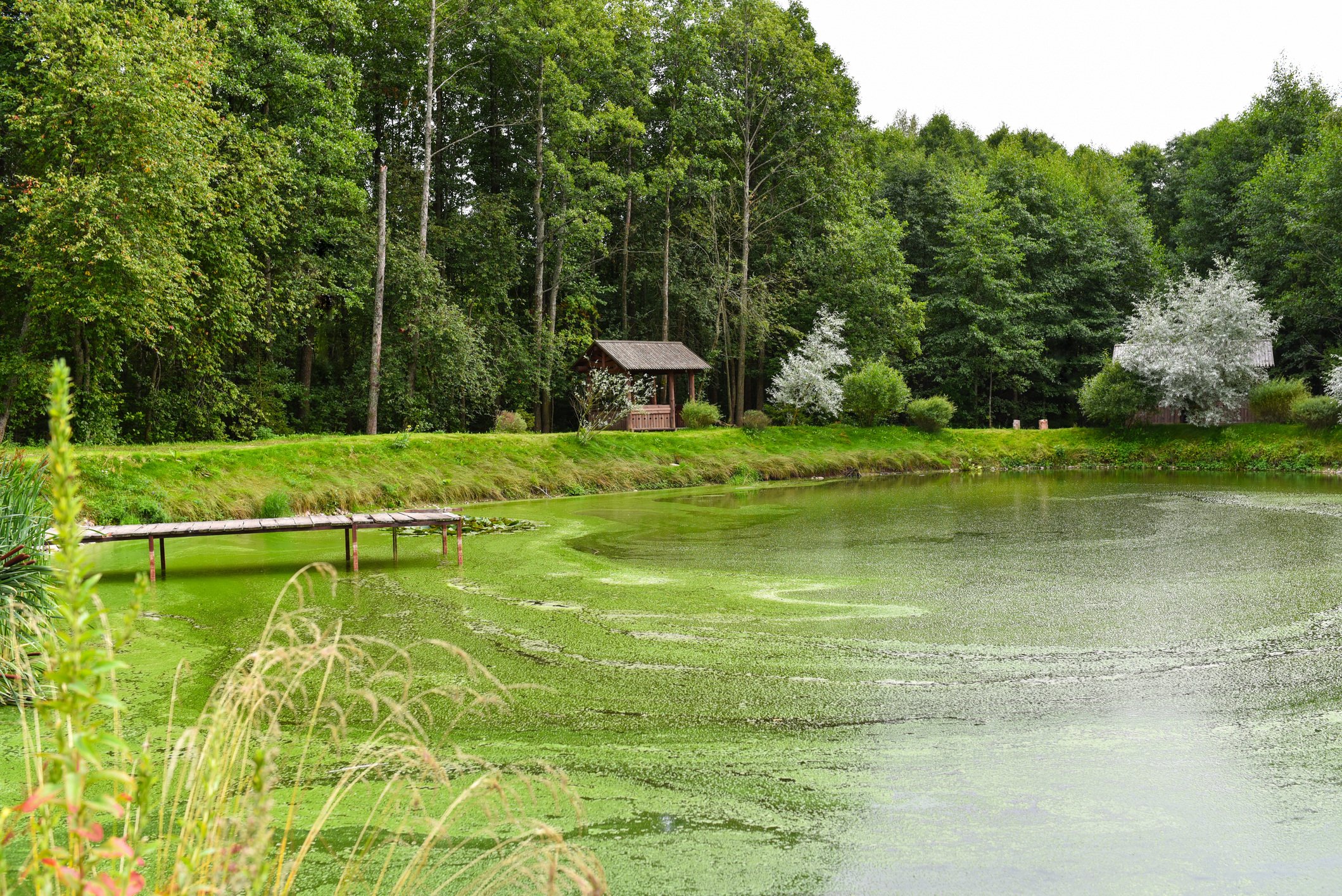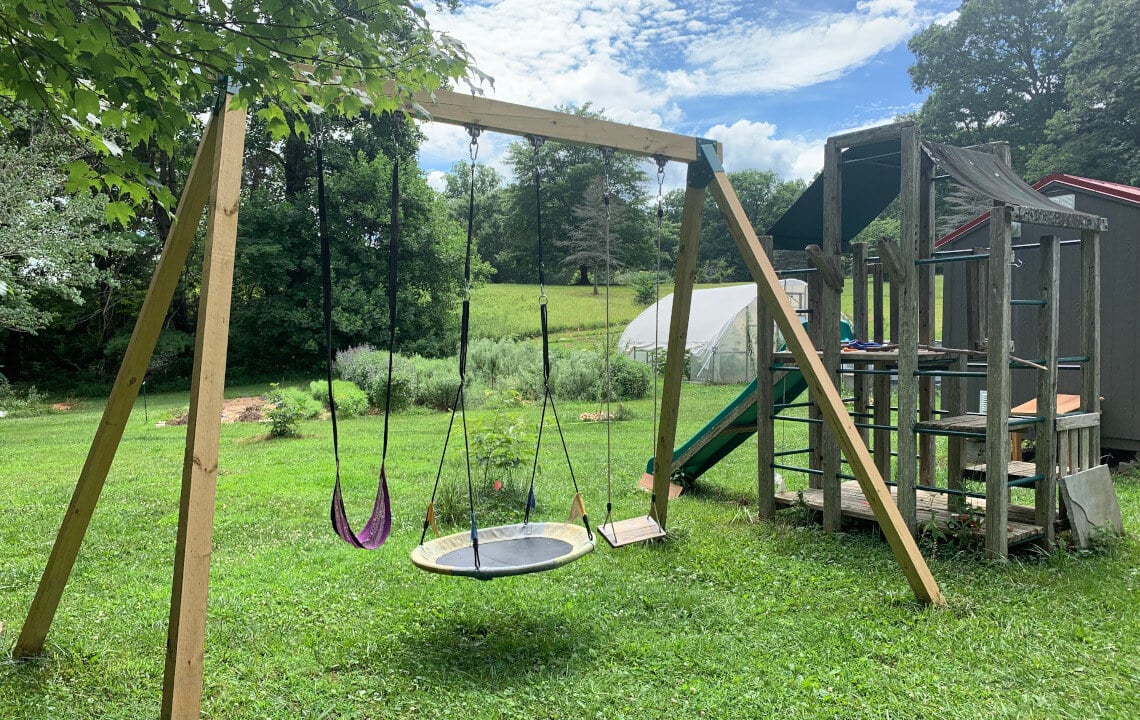One woman’s story of learning the myths and facts about black bears and understanding how to react when a bear shows up on her land.
Photo above taken by John McCreary of Fairview, NC, who stepped on his balcony to photo a bear cub in his yard - only to find the mama bear climbing his balcony to get to his birdfeeder. A loud clap of his hands scared her away.
I never thought I would be writing this article.
 As a young girl growing up in rural British Columbia Canada, I was always told to “watch out for bears,” yet I never EVER encountered one close-up.
As a young girl growing up in rural British Columbia Canada, I was always told to “watch out for bears,” yet I never EVER encountered one close-up.
Bullet dodged.
When I relocated to the foothills of the North Georgia Mountains in the late 90s, I quickly forgot about bears and focused on not getting bit by poisonous snakes (we Canadians don’t have copperheads or water moccasins back home).
Fast-forward to this April, when my husband, daughter and I picked up and moved to Asheville, North Carolina.
Our long-term plan: find our “forever” property to raise our family and start a medicinal herb farm.
To us, Asheville is an ideal location. Beauty all around, close proximity to rural and urban amenities, outdoor sports galore, tons of great schools and it just happens to be one of the best places in the world to grow herbs.
But there was one thing we didn’t count on…
We didn’t count on the Bears!
As it turns out, Asheville is known (for those with the foresight to look it up) as a “bear sanctuary” in the Southeast.
Hunting is banned in the city limits, there’s plenty of food and habitat for them (the mountains here are a stone’s throw from the city center) and as the recent “North Carolina Urban/Suburban Bear Study” headed up by North Carolina State University and the North Carolina Wildlife Commission confirmed, residents and bears have learned to get along.
Say what?!
It’s true. Ashevillians have learned to coexist with the bears and the bears have learned to coexist with the residents.
Seriously, they’re like chipmunks around here and have been seen walking around downtown and even hibernating in dens built between freeways.
Since arriving in late April, we have seen about 10 bears on our property including several sightings of a mama bear with her cubs frolicking in our backyard.
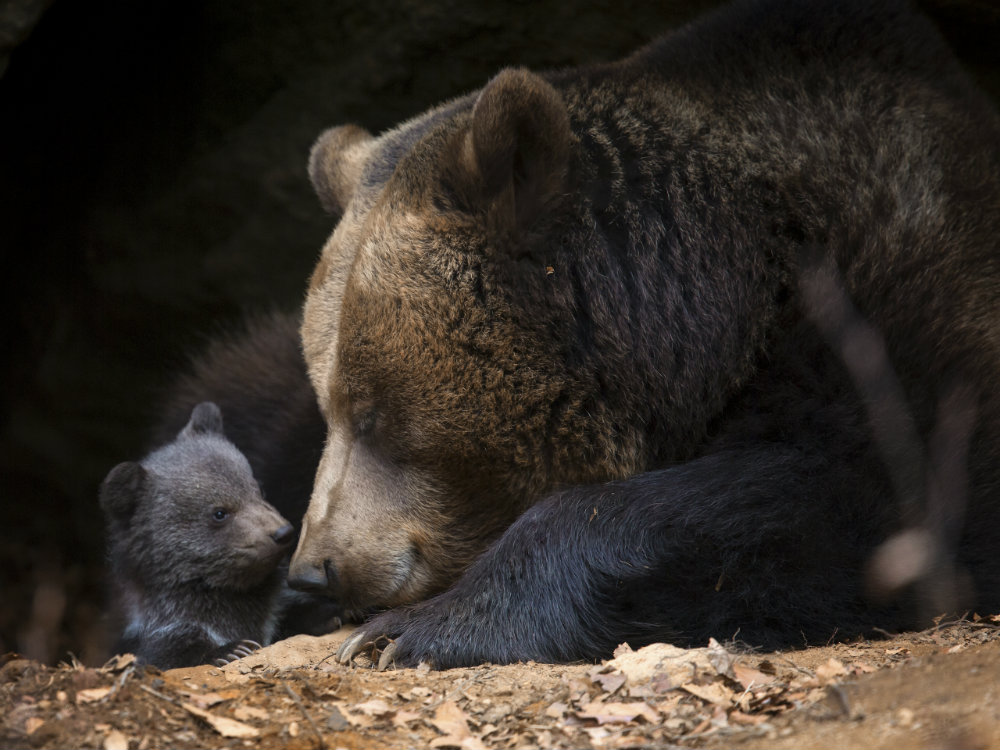
Our property is in a rural area surrounded by farms and mountains, but we’re also less than 10 minutes from the mall and Whole Foods Market. Not exactly where one would expect to experience such enormous wildlife.
Nope, we definitely didn’t count on the bears. And I’ll admit, they were starting to freak me and my daughter out.
Determined to put our fears to rest, I set out to find a solution to our bear “problem.”
As it turns out, what I didn’t know about black bears could fill a kindle
I thought they were dangerous. Devious. Likely to attack. Scared of dogs. And certainly unlikely to walk through a person’s yard…especially my yard.
So, like any self-respecting writer/journalist, I booted up my laptop, rolled up my sleeves and learned everything I could about deterring these beasts.
I started by searching the internet and hitting up local sites for information and safety tips.
I also talked to all our neighbors (and anyone else I met), about our bear encounters and what they did to stay safe during bear season.
I was shocked and fascinated by the array of black bear stories I heard
Everything from our neighbors across the street chasing bears out of their accidentally-left-open-garage with pots and pans, to a friend’s father who caught this black bear (pictured) climbing up his second story balcony, to an old lady at the hair salon who was so upset to find a bear tearing up her new screen French doors that she chased it off her porch…until it turned and growled at her and she came to her senses.
The point is, my research ended up surprising and humbling me in the best kind of way.
Here are a few key things most people (myself included) get WRONG about living with black bears
Please note, I am NOT an expert on black bears, bear behavior or bear safety. Therefore, I corroborated my information and tips on black bears with expert sites cited at the end of this article. Please, do your own research and look up bear safety tips for your county/state.
1. Black bears are not aggressive towards humans generally.
Maybe it was because I grew up near Grizzly country, but I always assumed bears were trouble makers and aggressive toward people.
But not so with black bears. They are shy of humans and will not attack unless provoked.
That’s not to say very rare attacks don’t happen. They have -- and some have been tragic -- but you are much more likely to be attacked by a dog, bee or person than you are a black bear…even if you live near the woods.
According to the US Forest Commission, you should never approach, feed, surround or corner a black bear. If their behavior changes, you have gotten too close.
Takeaway: Despite the media hype, black bears are not out to get you. They just want food. Respect them and respectfully avoid them.
2. Loud noises, like clapping or banging on pots and pans, will scare them away.
I heard this from neighbors and read about it here on the North Carolina Wildlife Resource Commission’s website.
So, when a small black bear stumbled out of our hedge row last week as we ate dinner on the screen porch, I yelled “beat it” and clapped my hands together. It took off like a rocket!
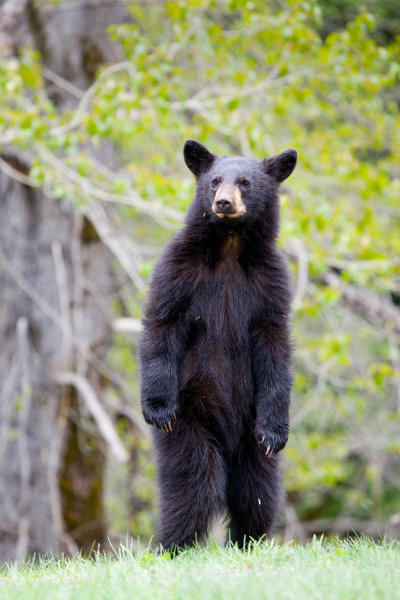 My husband tried the same thing with a larger bear last week and it lumbered away a bit slower…but it still worked.
My husband tried the same thing with a larger bear last week and it lumbered away a bit slower…but it still worked.
Takeaway: Bears don’t like loud noises, which is why experts recommend hiking with bells on your shoes in bear country.
If you need a bear to leave your property, try clapping, using an air horn or banging on something from a safe distance. BUT always make sure they have an escape route.
3. A dog could end up causing you trouble with bears
Though dogs can be great about alerting you to a bear’s presence, they can also aggravate them, triggering a problem.
Here in Western North Carolina, the most recent injuries to humans from black bears have resulted from owners trying to “save” their dogs from the bears they were harassing.
The dog owners got caught in the scuffle and sustained some injuries…though not entirely at the fault of the bear.
Take away: Think twice before bringing Fido along camping…and don’t come between a 300+ pound wild animal and your dog.
4. Compost with care around bears.
You can still compost if you live around bears, just skip adding fruits, meats, bones, or other animal-based foods, and invest in a compost tumbler that latches or locks for good measure. We have been composting vegetables, juice pulp (we make our own fruit and veggie juices), and yard waste in our tumbler and have had no bears approach it.
5. A black bear standing on hind legs is not usually a sign of aggression
If a bear sees something it’s not used to seeing, like a human, it may stand up on its hind legs to get a better look. Though this can seem intimidating, it is not usually a sign of danger.
Take away: Don’t run away if a bear stands up to look at you, as running may provoke a chase. Speak calmly and move slowly to another location.
6. If you do encounter a bear, identify yourself as a human by speaking
We know we are human, but a black bear may not recognize us as such—especially if they aren’t accustom to people or if the encounter is out of context.
Identify yourself as a human by speaking calmly and the bear will more than likely head in the opposite direction (remember, they are rather shy of humans by nature).
Take away: If you can’t avoid a bear encounter then identify yourself with words and make noise, like clapping, if necessary.
7. Beekeepers need to use electric fencing in bear country
This one is for the hobby farmers and homesteaders out there. It’s no myth that bears LOVE honey, and if you live in a rural area and plan on keeping bees, it’s a really good idea to protect them with a small electric fence.
The bear will put his nose on it, get a shock, and not come back. Even if you think there aren’t bears in your area, keep in mind a bear can smell honey from MILES away.
Take away: A little electric fencing costs nothing compared to losing a whole crop of honey and having a bear problem. Invest wisely!
The BIG take away on Living Near Bears
Though there are always unexpected challenges when you move to a new place, I never thought living amongst bears would be such a big one for us.
However, it has required me to shift my old fear-based perspective and develop a new level of appreciation for wildlife in rural, and not-so-rural, areas.
Do I still fear black bears?
Yeah, a little.
Do I let my daughter play outside by herself in our unfenced backyard that abuts a forest?
Nope, not on your life. But I have taught her what to do if she sees a bear, and though she still maintains a “healthy” fear she is no longer terrified of them.
Has clapping loudly as I walk around blind corners of my yard become my new norm?
You’d better believe it. I also keep an air horn on the back deck.
But, I’m no longer fearful or frantically scanning the horizon when we take our morning walks.
I don’t think twice about going out hiking in the woods, nor did I fence our backyard or give up composting.
Day by day, my old fears and beliefs are being replaced with respect, awe and a new sense of wonder at how adaptable and accommodating God’s creatures can be.
The bears were here first, even in rural areas, and if we respect them by keeping our distance, not feeding them and understanding their nature we can expect them to respect us as well.
Who knows, in a few months I may actually admit to being a born-again-bear-lover. As you can see from the photos, they are an awesome sight to behold.
For more information on coexisting with black bears and bear safety in general, check out my sources: ncwildlife.org’s “Living in Black Bear Country” Guide, the USDA Forest Service “Wildlife Safety in the South”, and the National Park Service.
Mother Earth News also has an excellent article on the topic: “Be Bear Aware: 10 Tips for Black Bear Safety on Your Rural Property”.


